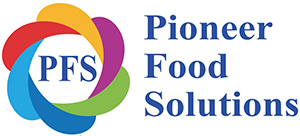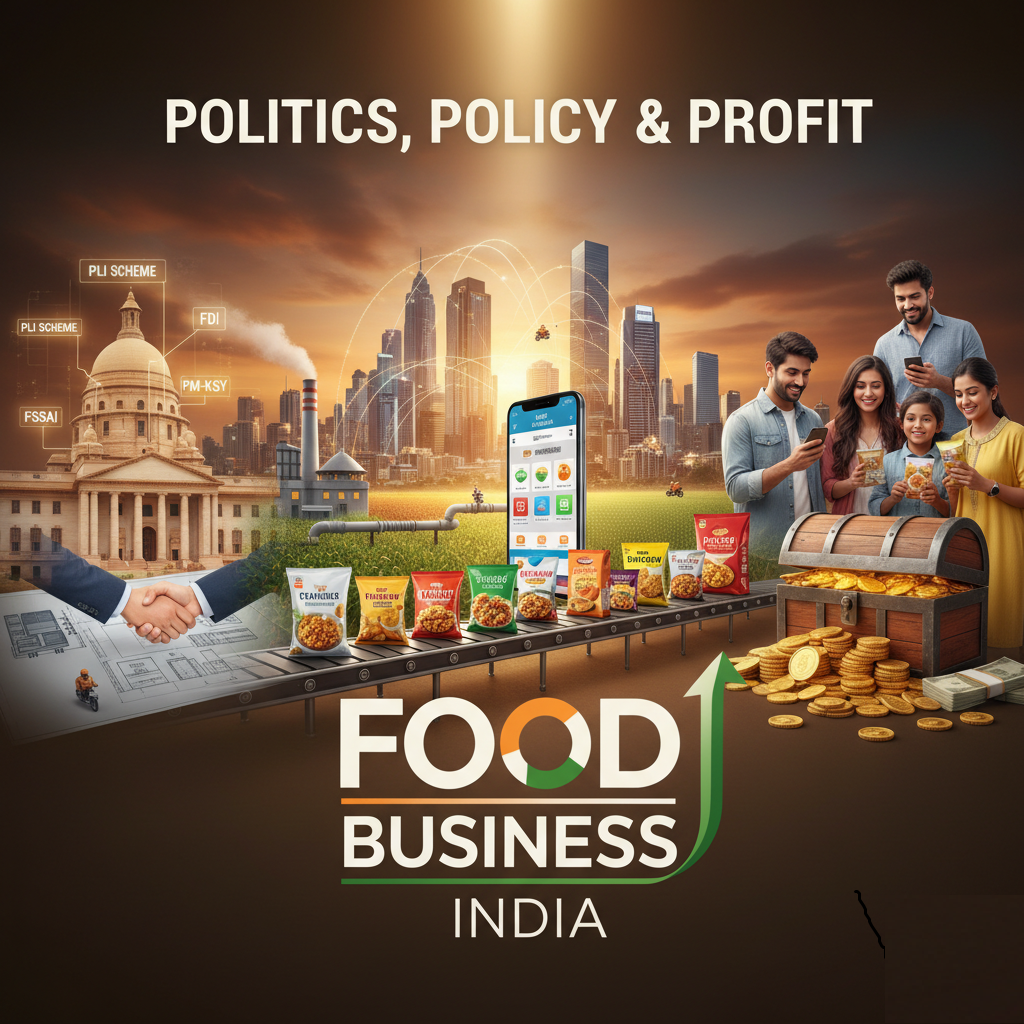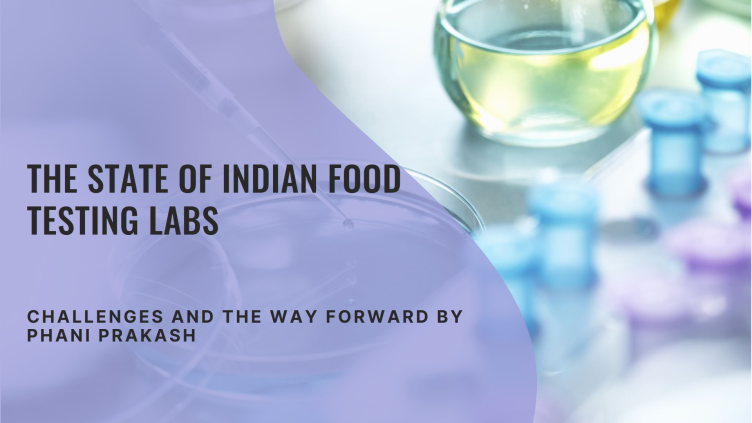Politics, Policy, and Profit — The Real Recipe Behind Food Business Growth
In India, food is not just nourishment — it’s economy, culture, and politics combined.
Every plate of food tells a story that runs from farms to factories, and from policy papers to profit sheets.
For decades, entrepreneurs have believed that innovation and quality alone drive success. But in the real world of food business — from street snacks to global exports — growth happens only when politics, policy, and profit align.
Politics: The Invisible Hand That Shapes Food Markets
Every major shift in India’s food industry has a political origin.
- Farm laws, import tariffs, MSP decisions, and state excise policies decide what ingredients reach the market.
- Election year subsidies, price control orders, and trade negotiations change input costs overnight.
- Even the promotion of “Make in India”, “Vocal for Local”, or “Millets for the World” — are political decisions that open new opportunities for processors and exporters.
👉 The smart food entrepreneur doesn’t fight politics; they anticipate it.
Those who align their strategies with policy directions — not against them — build resilient businesses.
Policy: The Backbone of Sustainable Growth
Once politics sets the tone, policy defines the rules of the game.
India’s food ecosystem today is governed by a strong regulatory web — FSSAI, MoFPI, APEDA, and state food departments.
From product formulation to labeling, from storage to exports — policies decide what can or cannot be done.
Examples:
- FSSAI Nutritional Labelling makes transparency a selling point, not a burden.
- MoFPI’s Food Lab Setup Scheme enables scientific credibility for testing and R&D.
- PLI (Production Linked Incentive) and PMKSY empower scaling and modernization.
When entrepreneurs view these policies not as red tape but as growth infrastructure, they start seeing government schemes as partners, not obstacles.
Profit: The Proof of Alignment
In any food business, profit isn’t greed — it’s the oxygen of sustainability.
But policy missteps or political turbulence can choke that oxygen fast.
The key is strategic alignment:
- Understand the political climate shaping demand.
- Operate within policy frameworks that ensure safety and trust.
- Build profitability models that can survive regulatory and market fluctuations.
When the three Ps — Politics, Policy, and Profit — move in harmony, growth is not only possible, it’s predictable.
The New Mindset for India’s Food Entrepreneurs
The world is watching India’s food transformation — from being a bulk producer to a value-driven exporter.
This transformation needs more than innovation in recipes; it needs alignment with national priorities.
Food businesses that adapt to this triad will define the next decade:
- Politics gives purpose.
- Policy provides protection.
- Profit delivers performance.
Conclusion
For India’s foodpreneurs, the message is clear — success is no longer only about taste or technology.
It’s about strategic synchronization with the ecosystem that governs your growth.
Because in today’s India, every food business is part of a national mission — to feed better, trade smarter, and grow stronger.




